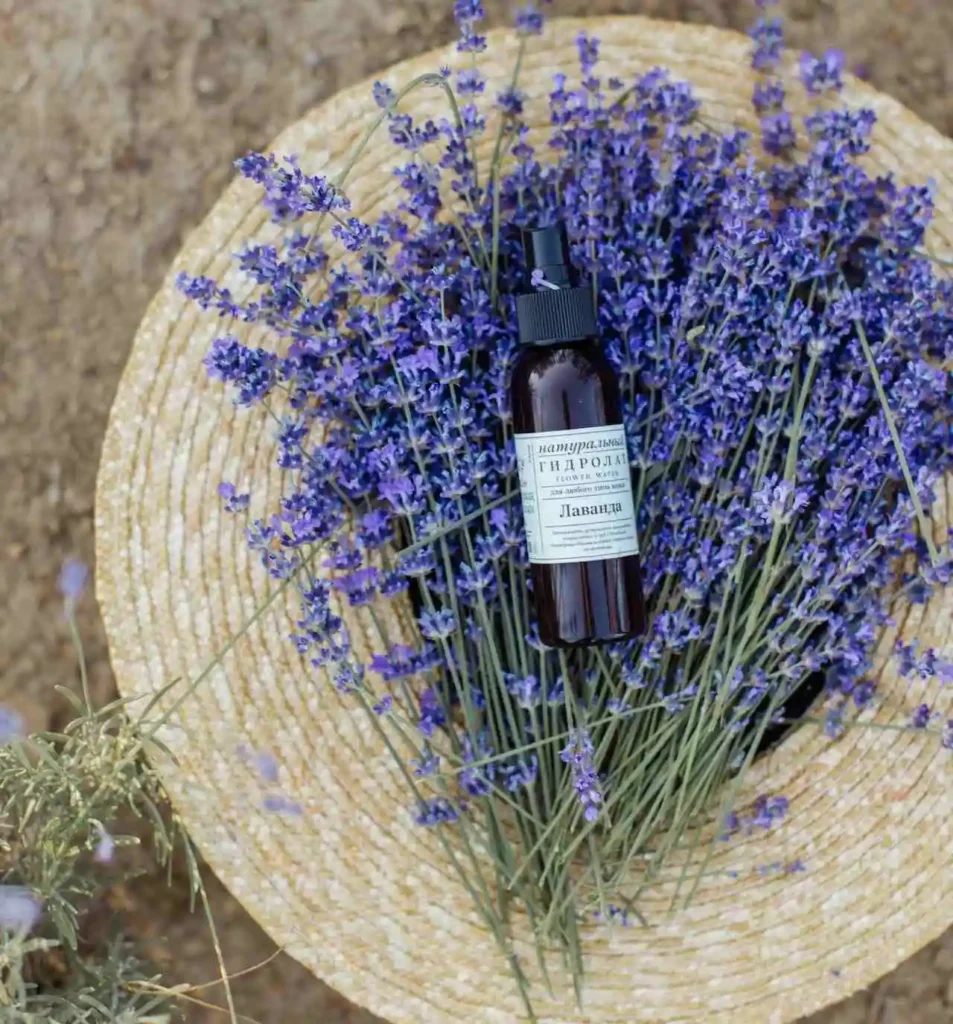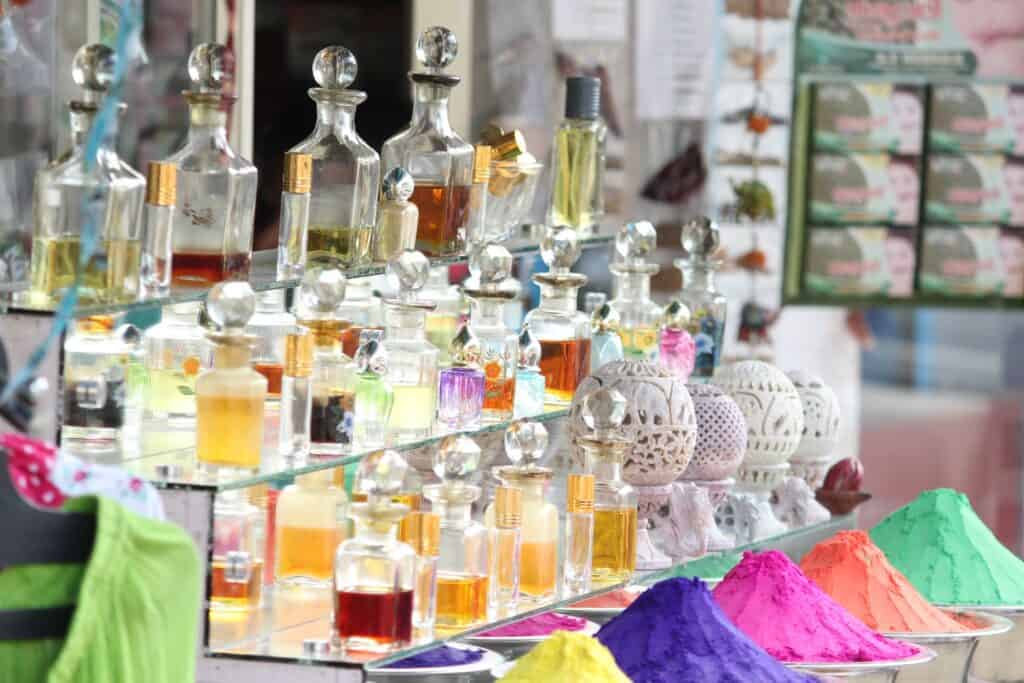Do you consider yourself a perfume lover, and wonder what it takes to become a perfumer?
From experience to professional education, becoming a perfumer is a challenging road. Only a sense of smell and a creative mind may help one compose a fragrance but becoming a master perfumer demands certain qualities that only come with passion and hard work.
I have gathered these qualities to give you a glimpse of what qualities a master perfumer owns and what sets them apart from their newbie counterparts.
Master Perfumers Are Skilled Chemists

Every perfume has to have knowledge of chemistry because modern perfumery relies so much on synthetics, especially if they are designing a mass-market perfume. But master perfumers, having worked with ingredients for several years, know the ingredients and can tell apart one smell from another even when they can be nearly the same.
Think of the colour Pink, and being able to tell apart hot pink, baby pink, cherry blossom pink, fuchsia, magenta, blush pink, barbie pink, and everything in between.
But apart from knowing and being able to distinguish them, master perfumers know what they will get by mixing two particular ingredients together. Maybe they won’t get it right right away, but they know what two ingredients might lead them to their next goal.
As skilled chemists, these perfumers know how to achieve all three notes of a perfume – top notes, heart notes, and base notes, and match to exactly the idea they started with. Achieving a proper lasting power is also thanks to the experience of a qualified perfumer.
Master Perfumers Can Mimic Any Natural Note/Smell
What’s your favourite(or one of your favourite) perfume?
One of the perfumes that is close to my heart is Atelier Des Ors’ Lune Feline.
The top notes of Lune Feline mention cardamon, and cinnamon, and one of the base notes is vanilla. All of which I can already smell perfectly on my perfume. But this is not necessarily because they picked high-quality cardamon, cinnamon, or vanilla to make my perfume.
It can be because some master perfumers have found a way to manipulate or blend their synthetics to mimic the scent of cardamon, warm vanilla and every other note using aroma chemicals. And real spices or vanilla have nothing to do with these notes.

Isn’t it so wildly creative of perfumers to know what molecules need to be blended together to get the exact natural-smelling scent?
Note that I am not denying the existence of perfumes created using natural ingredients here because many perfumes are a blend of both synthetics and natural.
Master Perfumes Have Access to High-Quality Raw Materials

The perfume industry has sourcing agents, who bring perfumers essences or extracts from natural raw materials from across the world. These sourcing agents have journeys of their own that are worth listening to as they travel to different countries to procure the best-known and high-quality natural extracts for a perfumer or a perfume house.
Master perfumers are not all about passion, but they have a responsibility – especially if they are working for a renowned perfume house – to create a perfume that will be known for decades to come.
They can hire the best sourcing agents in the industry who bring them the rarest of the raw materials, and a master perfumer can also identify the highest-quality samples when they smell them.
It’s not the same for a new perfumer for whom even finding a good perfume alcohol can prove difficult.
Master Perfumers Have a More Developed Sense of Smell
Some 4 years ago, I was watching a video where a music teacher was teaching how to sing one of my favourite songs, which helped me realise what they say about developing a ‘musical ear’ – this video changed my life in a way because I started listening to music a lot differently.
But only after watching the video, did I start noting the little notes and details of many of my favourite music. They call it ‘ear training’, and I am sure in the world of perfumery, they have ‘nose training’.
As a perfumer learns more and spends more time with ingredients, they have their own mental categories of where they put a certain smell. But more than just a developed nose, they also need to have a developed cognitive skill.
Avery Gilbert writes in his book What the Nose Knows, ‘To become a perfumer you don’t learn to smell like one—you learn to think like one.’
Master Perfumers Can Imitate Other Fragrances
Given a formula and time, every perfumer probably can copy the fragrance, but given a scent sample, imitating the same scent from the ground up is something that comes with the experience of smell and perfume creation over the years. Also, considering there are so many dupe houses, the task seems fairly easy even though dupes aren’t exact replicas of the original perfume.
While any established perfume may be able to make an imitation of another fragrance, because they learn to do so in perfume schools, only master perfumes can(technically) able to imitate a perfume even with a complex structure.
Takeaway
Perfumers are incredible; just like any other artists, but they are also partly scientists. But did you know that breaking into the world of perfumery doesn’t necessarily require a degree in chemistry, botany, or a degree from a perfume school?

